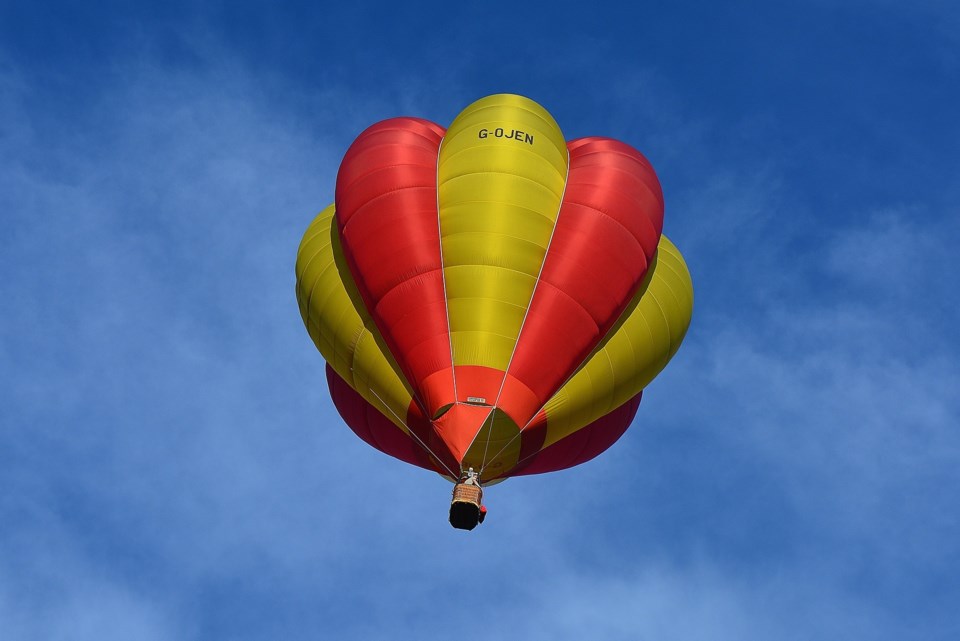There’s not a day when we don’t hear or read the word inflation. Not only that, but inflation is giving birth to new words intended to illustrate the effects it has on the economy. Within the last decade, we’ve been treated to "shrinkflation," "skimpflation" and most recently, "greedflation." But that’s inflation in its modern role. As we’ll see, inflation has journeyed through the human language for over two thousand years in a couple of different guises.
Pippa Malmgren, an American technology entrepreneur and economist, adopted the term shrinkflation in 2015 to indicate what happens when a product decreases in size while its price stays the same or even increases. Shrinkflation first appeared in 2009 in Brian Domitrovic’s book Econoclasts where he applied it, more generally, to an economy that was contracting as prices were increasing.
Skimpflation joined the vocabulary relating to a woeful economy in October 2021. Referring to a decrease in the quality of products and services, it was introduced in the NPR newsletter Planet Money. The article launches its argument by noting the complaints around the disappearance of customer service at Disney’s theme parks. Skimpflation is better known as it pertains to the products we purchase – it means we get a reduction in quality ingredients but no reduction in price. Unfortunately it’s harder to detect and measure than shrinkflation. No manufacturer is going to give away that kind of negative information on a label, whereas we’re instantly aware of shrinkflation if we read the number indicating volume or weight on a box or bottle.
The first mention of greedflation that I found regarding the situation in Canada occurs in the Manitoba Co-Operator newsletter of July 26, 2022, in a comment by Sylvain Charlebois: “Canadians do have a strong food industry, though food affordability has been a challenge for many. But we need to look at ‘greedflation’ rationally before slinging mud at everything and anything.” Over the next few months the word spread through the CBC news: on Sept. 27, 2022; Oct. 18, 2022; and Nov. 3, 2022. Even the BBC picked it up, with a piece entitled “Why Canada grocers are accused of ‘greedflation’,” published Oct. 24, 2022.
Linguistic creativity with the word inflation actually started decades ago. In 1974, William Rees-Mogg, editor of The Times from 1967 to 1981, introduced the world to "slumpflation," “a state or period of combined economic decline and rising inflation." Before that, in 1965, the British politician Iain MacLeod coined the word stagflation in a speech in the House of Commons: “We now have the worst of both worlds – not just inflation on the one side or stagnation on the other, but both of them together. We have a sort of ‘stagflation’ situation."
Nowadays inflation is thought of exclusively in connection with the economy, but as a matter of fact that particular sense is fairly recent, dating to the 1830s, by which time inflation had been a word in the English language for 500 years. The root of inflation is the Latin inflatio, meaning excess, swelling, a puffing up or blowing out of the body. Inflatio was what the ancient Romans called flatulence. Its first meaning in English was also flatulence. The meaning to inflate something (such as a tire or balloon) with air didn’t come into usage until about 1600. In ancient Rome, the term for blowing air into something, as for instance in glass blowing, was not inflatio but suffio (following from that is the Latin suffocatio, meaning choking or stifling, in other words cutting off air).
The opposite of inflation is deflation, based on the Latin deflo, signifying blow away, or blow on. It entered English in 1891 with the meaning to release air, as in a balloon. By 1919 it had acquired the sense of reducing an inflated currency.
I suspect at this point many of us wish deflation would look elsewhere than currency and start tackling the cost of living to get it to deflate, deflate, deflate. Deflate prices and inflate product size and quality!
Sabine Eiche is a local writer and art historian with a PhD from Princeton University. She is passionately involved in preserving the environment and protecting nature. Her columns deal with a broad range of topics and often include the history (etymology) of words in order to shed extra light on the subject.



